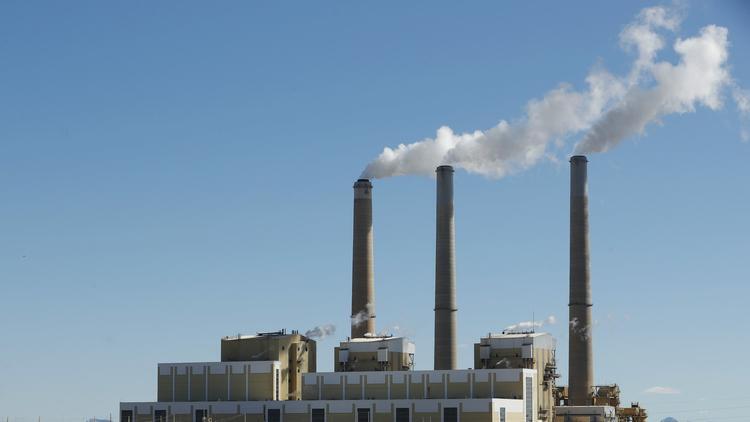Widespread use of a futuristic energy technology to remove carbon dioxide from the atmosphere would create severe environmental problems, scientists argue in a new critique, casting doubt on one potential method of helping humanity escape the worst effects of climate change.
The technology, known as bioenergy combined with carbon capture and storage (BECCS), comes in many variations. But the core idea is burning trees or other plants for energy while pulling in the resulting carbon dioxide and storing it below ground. When the plants grow back again, they would pull more carbon dioxide from the air, resulting in a net removal of the greenhouse gas from the atmosphere.
BECCS has been used only rarely thus far, but many had hoped widespread use of the technology would provide large amounts of energy while helping to fight climate change. It would be particularly important if the world misses its targets for reducing greenhouse gas emissions. In that scenario, greenhouse gases concentrations would pass the maximum levels climatologists say could avoid extreme consequences of climate change, and hitting the targets would require “negative emissions” technologies that lower concentrations.
But in the new paper, scientists argue that deploying BECCS technology on the scale needed to address the problem would use up massive amounts of water, fertilizer, and land. That would probably lead to large environmental problems or even destabilize key planetary systems, wrote Vera Heck of the Potsdam Institute for Climate Impact Research and three colleagues.
“We could achieve substantial amounts of bioenergy potentials, but this would really come at the cost of extensive environmental damage in many other dimensions,” said Heck.
To analyze BECCS, Heck and her co-authors examined invoke the influential concept of “planetary boundaries,” a list of nine ecological thresholds beyond which we should not push natural systems, since doing so “could generate abrupt or irreversible environmental changes.”
Changing the Earth’s climate transgresses a key boundary — in this sense, BECCS helps out. But at the same time, the new research says it could up the risk of crossing other boundaries – those concerning freshwater, the integrity of ecosystems, large-scale changes to land areas, and shifts in flows of nitrogen and phosphorous.
The study found that large-scale BECCS initiatives, with biomass plantations stretching over millions of square miles, could store between 1.2 and 6.3 billion tons of carbon annually. That’s enough to make a very large dent in global greenhouse gas emissions. However, at this scale, BECCS “could trigger critical environmental feedbacks to the Earth system,” the study finds.
BECCS at such a scale would lead to millions of square miles of forest loss and large pressures on biodiversity, the study found. Meanwhile, the huge plantations would require tens of millions of tons of nitrogen fertilizer that would alter flow of this chemical around the Earth, and huge amounts of water — over a trillion tons of it each year.
“We would increase freshwater consumption by biomass plantations by an amount that more than doubled agricultural uses currently,” said Heck.
If we wanted to do BECCS in a way that would not risk blowing past key planetary boundaries, we could but the resulting carbon storage would be far smaller — less than .1 billion tons per year, the research found. But then, that wouldn’t make a major dent in the climate problem.
“Negative emissions using biomass has great potential for removing carbon from our air,” said Rob Jackson, a Stanford Earth scientist who has also studied the environmental limitations of BECCS but was not involved in the current paper. “It can’t be done, though, without using more land, more water, and more nutrients. There is no free ride.”
Source: http://trib.in/2n1XJWE











